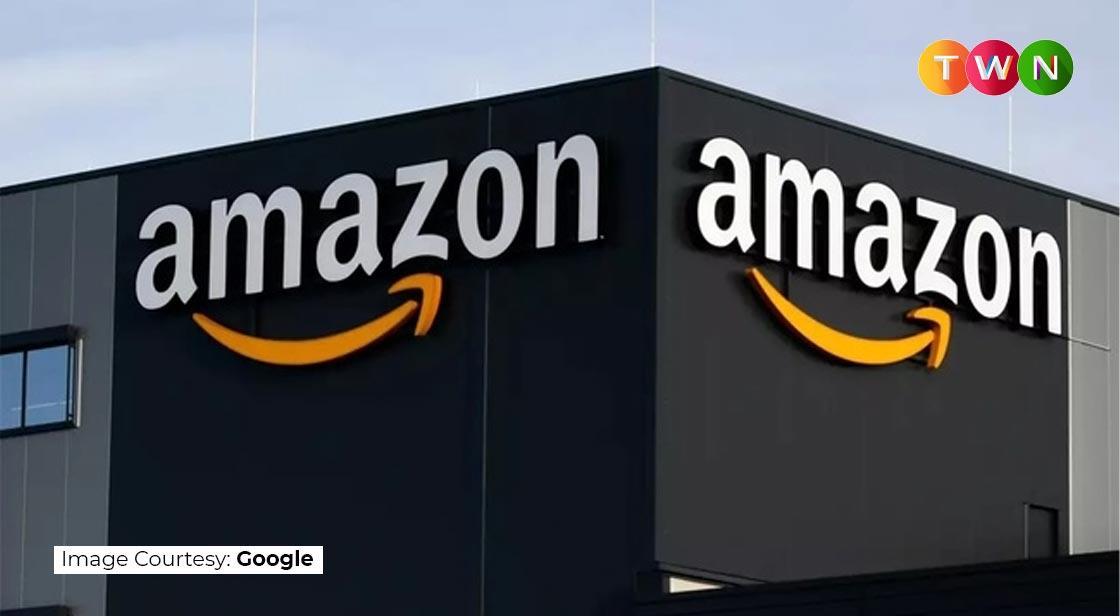Amazon’s Project Kuiper Eyes Entry into India to Launch Satellite Internet Services Competing with Starlink

News Synopsis
Amazon is preparing to bring its ambitious Project Kuiper satellite internet service to India. If approved by the Indian government, the tech giant will enter the country’s growing satellite broadband race, currently led by players like Starlink, Jio SpaceFiber, and Eutelsat OneWeb.
Amazon Approaches DoT for Satellite Internet Authorisation
According to a report by the Source, Amazon has approached the Department of Telecommunications (DoT) to secure the necessary approvals for offering satellite-powered broadband in India. The company has applied under the Global Mobile Personal Communication by Satellite (GMPCS) licensing framework, seeking a Letter of Intent (LoI) to begin operations.
Interestingly, this is not Amazon’s first attempt. The company reportedly submitted an initial application nearly two years ago and has now filed a fresh request to fast-track regulatory permissions, ahead of a planned commercial rollout of Project Kuiper later this year.
What Is Project Kuiper?
Launched in 2019, Project Kuiper is Amazon’s initiative to build a constellation of over 3,200 low-Earth orbit (LEO) satellites to deliver high-speed, affordable internet access to underserved and remote areas around the world.
Named after the Kuiper Belt—a region of the solar system beyond Neptune—the project aims to challenge established satellite internet services like SpaceX’s Starlink. Amazon successfully deployed 27 operational satellites into orbit on April 28, marking the beginning of its commercial satellite constellation. More launches are planned in the coming months.
Planned Infrastructure for India: Ground Stations and Data Hubs
To support its services in India, Amazon reportedly plans to establish a strong ground infrastructure network. This includes:
-
10 gateway earth stations across India
-
Two Points of Presence (PoPs) in major metro cities—Mumbai and Chennai
These facilities will handle critical functions like data routing, latency optimization, and local network integration, allowing Amazon to provide a seamless broadband experience to Indian users.
India’s Satellite Internet Market Heats Up
India's satellite internet sector is becoming increasingly competitive with several major global and domestic players racing to establish dominance:
-
Starlink, backed by Elon Musk, recently received a Letter of Intent from the Indian government.
-
Bharti Airtel, through its partnership with Eutelsat OneWeb, already holds GMPCS licenses and IN-SPACe approvals.
-
Reliance Jio, in collaboration with SES, also plans to offer satellite broadband using a medium-Earth orbit (MEO) satellite fleet.
While Jio and Airtel are expected to roll out services using limited satellite constellations, Starlink and Project Kuiper are gearing up to offer much higher bandwidth and wider coverage using thousands of satellites.
Comparative Overview: Kuiper vs Starlink vs Indian Competitors
|
Provider |
Satellite Type |
No. of Satellites (Planned/Operational) |
Key Advantage |
|---|---|---|---|
|
Amazon Kuiper |
Low-Earth Orbit (LEO) |
3,200+ (in progress) |
High-speed, global coverage |
|
Starlink |
LEO |
7,000+ (operational) |
Largest satellite network |
|
OneWeb (Airtel) |
LEO |
648 (operational) |
Early mover advantage |
|
Jio-SES |
Medium-Earth Orbit |
11 (MEO satellites planned) |
Focused Indian deployment |
Amazon's Kuiper is still in its deployment phase, whereas Starlink already operates a global network. However, Kuiper’s planned infrastructure and Amazon’s resources could make it a strong contender in India's satellite broadband market.
What’s Next for Amazon Kuiper in India?
The next critical step is for Amazon to secure formal regulatory clearance from the Department of Telecommunications. If the Letter of Intent is granted soon, commercial operations may begin later in 2025. Amazon’s entry will not only diversify India’s broadband offerings but also promote rural internet penetration, digital inclusion, and tech-driven development in remote areas.
You May Like









